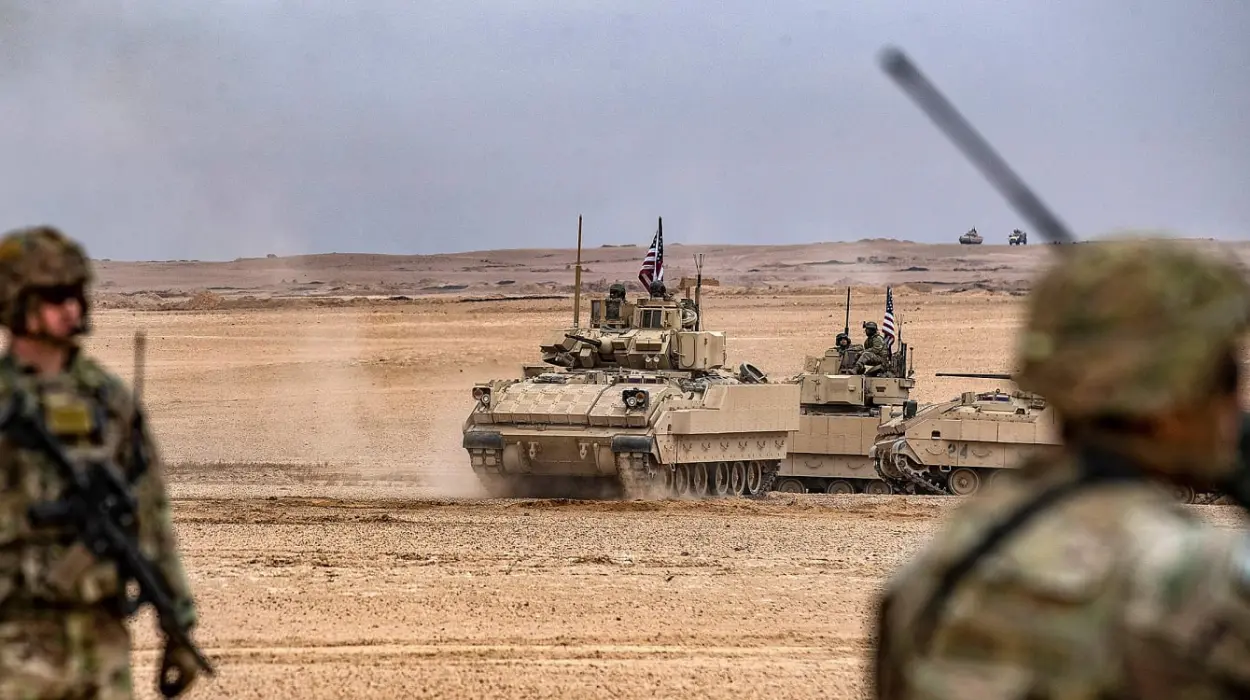Washington, DC (Transatlantic Today)— President Joe Biden has reportedly cautioned Israeli Prime Minister Benjamin Netanyahu against launching a counter-offensive on Iran following a recent drone and missile attack on Israeli territory. The possibility of escalating tensions between Iran and the United States has put the region on high alert, prompting calls for restraint from global powers and Arab nations to prevent further escalation.
Iran’s Permanent Representative to the United Nations, Amir Saeid Iravani, has declared that Iran will retaliate if the United States initiates military action against the country. Speaking at a UN Security Council meeting, Iravani emphasized Iran’s commitment to proportional response while stating that Iran seeks to avoid escalation or war in the Middle East. However, he asserted that Iran will not hesitate to defend itself and its interests if provoked.
Diplomatic Fallout Over Security Council’s Response
Iravani criticized the UN Security Council for its failure to condemn Israel’s attack on the Iranian consulate in Damascus, accusing the council of neglecting its duty to maintain international peace and security. He cited the blocked proposal by Russia to issue a press release condemning the attack, which was supported by China, Algeria, and other members but vetoed by the US, UK, and France. Iravani argued that Iran was compelled to exercise its right to self-defence within the framework of international law due to the Security Council’s inaction.
Iranian Retaliation and International Response
Iran launched a significant attack involving drones and missiles against Israel in retaliation for the bombing of its consulate in Damascus. While Iran launched some projectiles, neighboring countries such as Syria, Iraq, and Yemen, where pro-Iranian forces are present, launched other projectiles. The Israel Defense Forces reported intercepting most projectiles, with no breaches of Israeli airspace.
Analysis and Reactions
According to Reuters, Analysts debated the motives behind Iran’s attack, with some suggesting that it aimed at demonstrating resolve without provoking a focal conflict. In Gaza, the attack made rejoice as a rare act of retaliation against Israeli aggression. Israeli Prime Minister Netanyahu, known for advocating a tough stance against Iran, faces pressure to respond to the attack.
Public Sentiment and Concerns
While state media in Iran portrayed the attack as a victory, some Iranians expressed concerns about potential consequences and the risk of further conflict. In Israel, there was a mix of alarm and resolve, with citizens prepared for a probable response from their government.


























